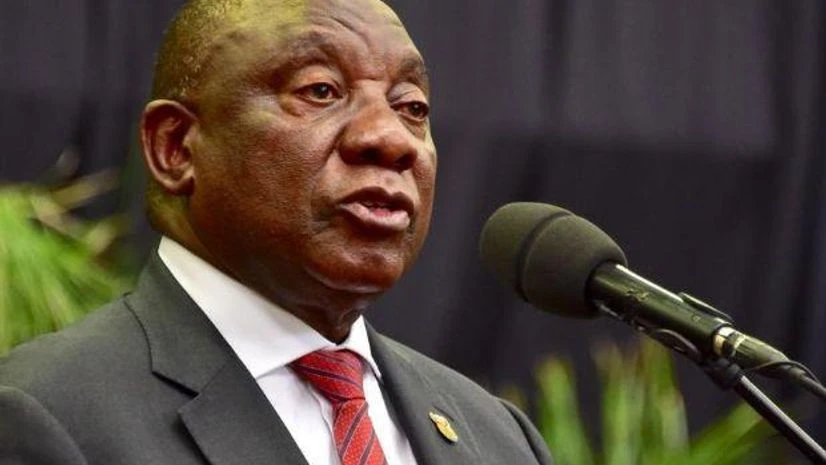The South African government was poorly prepared for the wave of violent protests in the country following the imprisonment of former President Jacob Zuma, incumbent leader Cyril Ramaphosa said.
"As this government, we must acknowledge that we were poorly prepared for an orchestrated campaign of public violence, destruction and sabotage of this nature. While we commend the brave actions of our security forces on the ground, we must admit that we did not have the capabilities and plans in place to respond swiftly and decisively," Ramaphosa said on Friday.
The president stressed that currently there no plans to introduce a state of emergency in South Africa over the ongoing protests.
"Our view has been that a state of emergency should only be declared when all other means of stabilizing the situation have shown to be inadequate," Ramaphosa noted.
From his point of view, the deployment of security forces, who will work together with local communities and social partners, will restore order and prevent further violence.
A week ago, protests erupted following the news of the jailing of Zuma. The first waves of unrest began in KwaZulu-Natal and have since spilled over to South Africa's economic capital of Johannesburg in the province of Gauteng. The protests were accompanied by looting and vandalism. On Monday, the government dispatched the troops to quell the unrest.
Zuma, 79, turned himself in on Wednesday to begin serving a 15-month sentence he was handed for contempt of court after skipping a corruption trial.
(Only the headline and picture of this report may have been reworked by the Business Standard staff; the rest of the content is auto-generated from a syndicated feed.)

)
